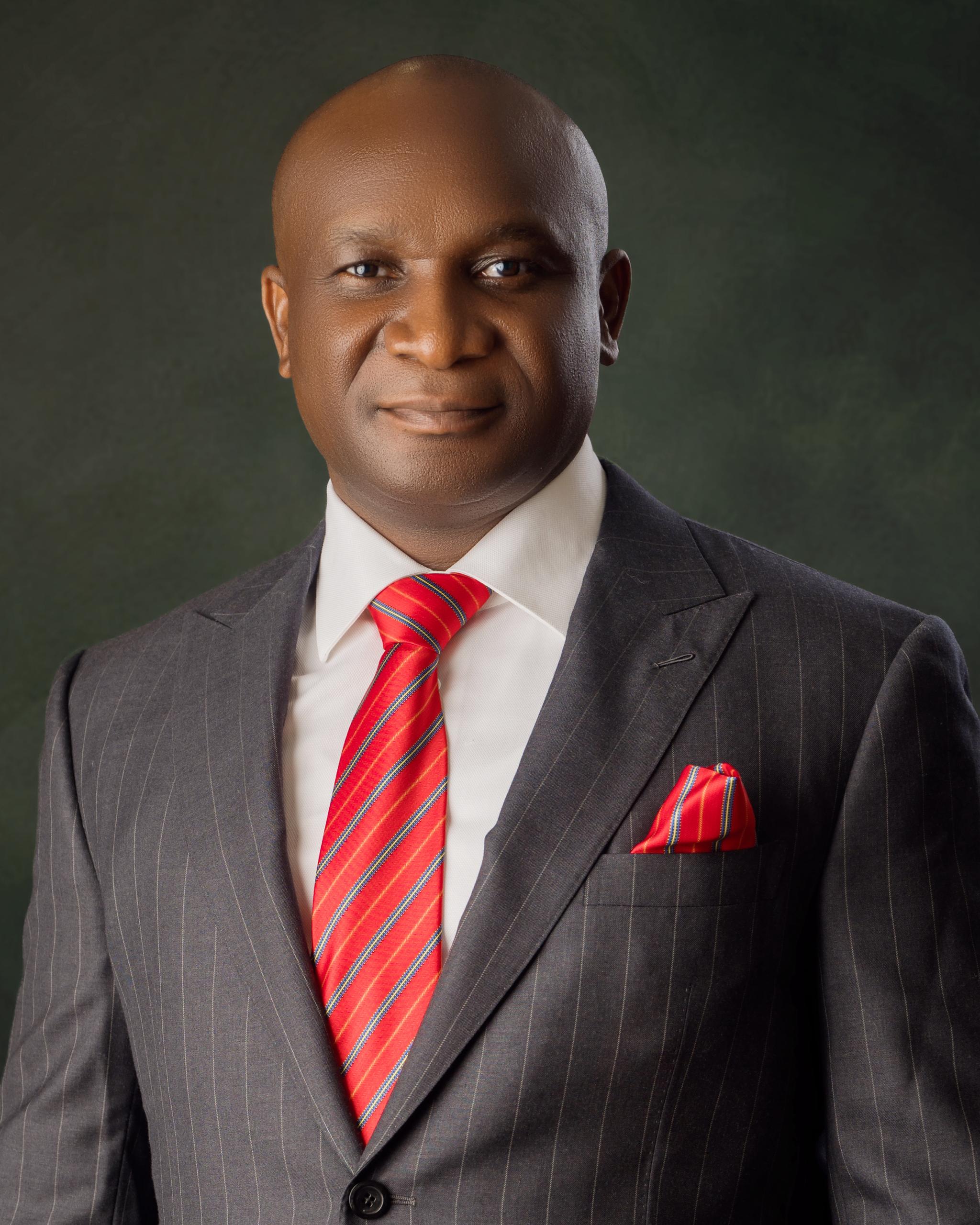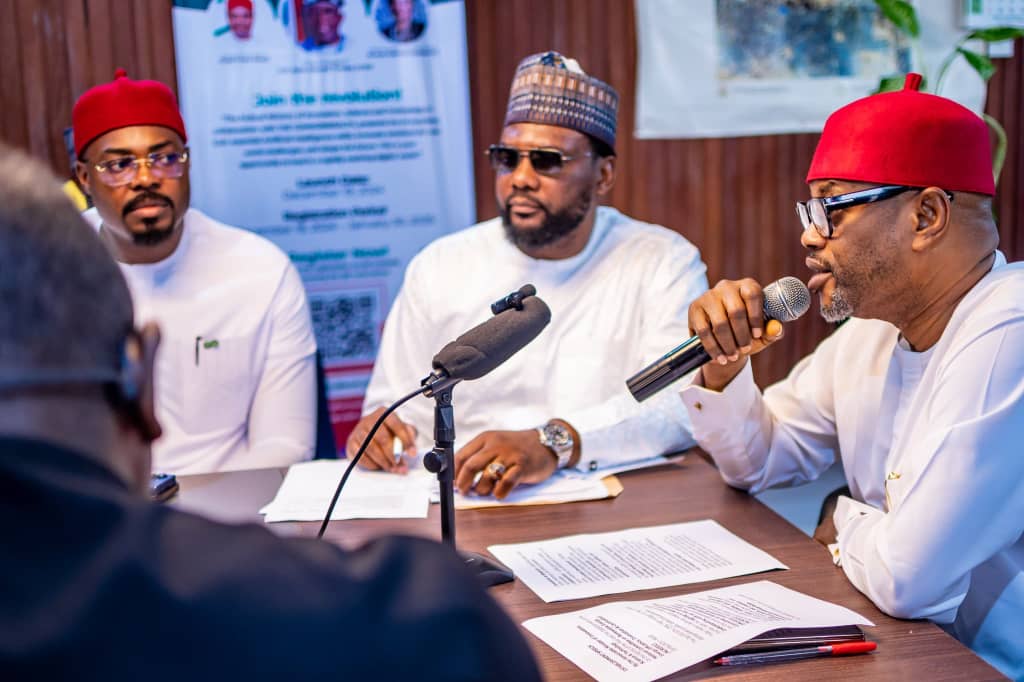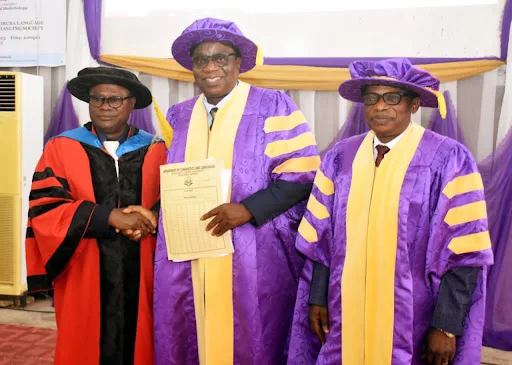MAZI EJIMOFOR OPARA

President Bola Ahmed Tinubu’s recent assent to four critical tax reform bills marks a significant turning point in Nigeria’s socioeconomic journey. These bills, which focus on removing VAT from essential food items and educational services, providing targeted relief to Micro, Small and Medium Enterprises (MSMEs), and improving the fairness of the country’s tax regime, are not just fiscal policies—they are ideological statements. They reflect a shift towards people-centered governance, with an emphasis on sustainable empowerment rather than temporary handouts.
This approach resonates deeply with what Governor Chukwuma Charles Soludo of Anambra State defines as “Sustainable Neo-Welfarism” — a progressive economic model that seeks to empower the poor by removing structural barriers to prosperity, not through cash transfers or populist giveaways, but through systemic reforms that create opportunity.
Tinubu’s Tax Reforms: A Federal Push for Equity
The four new tax-related laws signed by President Tinubu are:
The Finance Act (Amendment)
The Value Added Tax Act (Amendment)
The Customs, Excise Tariff Act (Amendment)
The Companies Income Tax Act (Amendment)
These laws:
Remove VAT from basic food items and educational services, directly lowering the cost of living for millions of Nigerians.
Provide tax relief for MSMEs, which are the backbone of Nigeria’s employment landscape, employing over 80% of the workforce.
Promote fairness by shifting the tax burden away from the poor, aligning more with principles of progressive taxation.
This is not merely economic reform—it is ideological re-alignment, one that prioritizes the average Nigerian and not just elite interests.
Soludo’s Reforms: Progressivism in Practice
Governor Soludo, long before the federal reforms, had already implemented a string of bold, progressive policies in Anambra that directly align with Tinubu’s new economic direction. These include:
Tax exemptions for the poorest: Artisans, hawkers, and petty traders are exempted from paying levies, signaling a deliberate attempt to take the tax net off the vulnerable, a principle now echoed in Tinubu’s reforms.
Free and compulsory education: From nursery to senior secondary school, all students in Anambra public schools receive free tuition and materials, reinforcing the belief that education must be a right, not a privilege.
Free antenatal and delivery services: Targeting maternal and child health, these services aim to reduce maternal mortality rate through practical intervention in the state.
“One Youth, Two Skills” initiative: Over 5,000 youths have been empowered with vocational training and start-up kits, reinforcing a model where government invests in human capital for long-term dividends. Another 8,700 youths are concluding their training and are also on their way to becoming job creators and not passive and perennial job seekers.
Distribution of 2.2 million improved palm and coconut seedlings to 180,000 households: This move is not just agricultural—it is economic empowerment through agribusiness, laying the groundwork for long-term rural prosperity.
These are not isolated policies. They are evidence of a deliberate economic philosophy that sees governance as a tool for broad-based inclusion and structural empowerment.
A Convergence of Progressive Ideals:
Both President Tinubu and Governor Soludo come from different political traditions—APC and APGA respectively—but the convergence of their current policy actions suggests a deeper ideological alignment rooted in genuine progressivism.
At the heart of both administrations is a commitment to:
Structural empowerment over subsidies
Tax justice and fairness
Public investment in human development
Support for small businesses and informal sector workers
This ideological synergy is not accidental—it is a blueprint for what a true progressive alliance in Nigeria can look like.
Towards a Progressive Coalition with a Soul:
The signs are becoming clear. Across party lines, leaders who believe in evidence-based, people-first governance are beginning to align. What we are seeing could very well be the early architecture of a rebirth of political parties with a soul—parties grounded not in ethnic arithmetic or power sharing, but in shared ideals of equity, justice, productivity, and inclusion.
A coalition of progressives, regardless of platform, may be not only possible—it may be necessary. It is the only path to truly overcome Nigeria’s structural challenges and to institutionalize policies that lift millions from poverty in a sustainable, accountable way.
Conclusion
As Tinubu’s federal tax reforms begin to reshape the national landscape, and as Soludo continues to build a socially responsive economy in Anambra, one truth becomes clearer: Progressivism is not a slogan—it is a system. And where it is practiced with sincerity, the results are transformational.
This moment offers us more than just policy wins—it offers us a vision of what Nigeria can become when good ideas are allowed to triumph over politics. And perhaps, just perhaps, the future of Nigeria lies not in division, but in a true progressive alliance, beyond parties, beyond platforms—driven by shared purpose and public good.








